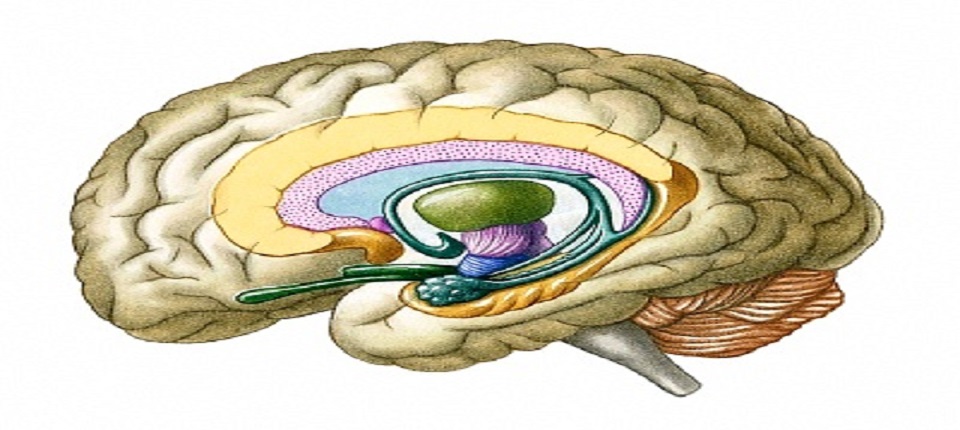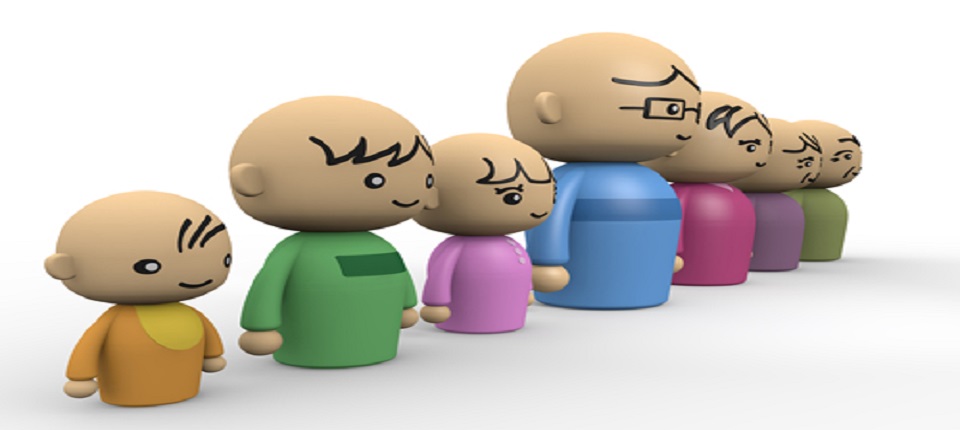
by Evergreen Psychotherapy | Dec 13, 2014 | Attachment
The limbic system is the social and emotional part of the brain, governing attachment, nurturing instincts, learning, implicit memory (preverbal, unconscious), motivation, stress response, and the immune system. The circuits of the limbic brain are wired together...
by Evergreen Psychotherapy | Dec 13, 2014 | Attachment, Uncategorized
Experiential change: Recovering from trauma, rewiring the brain, developing secure attachments, learning constructive coping skills, and changing core beliefs are best achieved via positive experiences with significant others—therapists, parents, spouses, and...
by Evergreen Psychotherapy | Dec 13, 2014 | Attachment, Uncategorized
Developmental perspective: Child development consists of a series of stage-relevant tasks that are essential to learn, which lead to the mastery of subsequent developmental tasks over time. The most important task of the first year of life is the establishment of...

by Evergreen Psychotherapy | Dec 13, 2014 | Attachment, Uncategorized
Neurobiology: In utero and early attachment experiences significantly affect the wiring of the brain, because the young child’s brain grows more than at any other time in life, and relationships shape the developing brain. Lack of secure attachment and traumatic...
by Evergreen Psychotherapy | Dec 13, 2014 | Attachment, Parenting, Uncategorized
Many of these children are eventually adopted by well-meaning parents who are intellectually and emotionally ill-prepared to handle the children’s severe emotional and behavioral problems. Such children are unable to give and receive love and affection, constantly...

by Evergreen Psychotherapy | Dec 13, 2014 | Attachment, Parenting, Uncategorized
Attachment disorder is transmitted intergenerationally. Children lacking secure attachments with caregivers commonly grow up to be parents who are incapable of establishing this crucial foundation with their own children. Instead of following the instinct to protect,...




